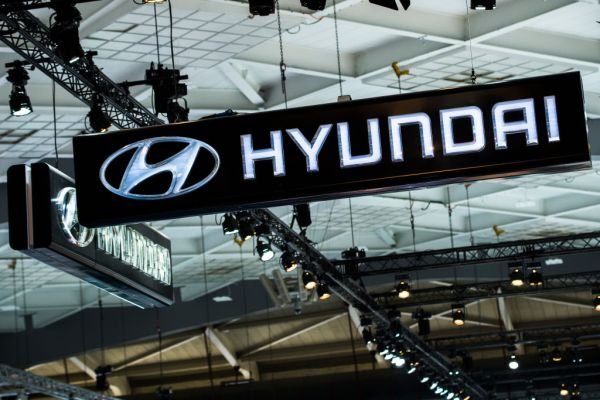
The Hyundai Motor Group’s investment in the South Korean electric vehicle industry is a step in the right direction for eco-friendly transportation. With more than 24 trillion won planned for this sector by 2030, Hyundai Motor Group is confident that its products and services will play an important role in helping to make South Korea a leader in renewable energy technology. The company’s commitment to sustainable innovation will help create jobs and improve air quality throughout the country, making it one of the most significant corporate investments made in South Korea during this decade.
Electric cars may be slowly gaining in popularity, but automakers are still investing heavily in the technology. Kia is one of these companies, announcing last week that it has invested 32 trillion won (~$24 billion) into electrification and future business areas. This investment comes just a week after Hyundai announced its own investment of the same amount into similar pursuits. The two automakers’ plans show just how seriously they view the potential for electric vehicles, and how committed they are to bringing their products to market as soon as possible.
Hyundai is a major player in the automotive industry and they have announced plans to increase EV production by 2030. The reason for this is that they believe that electric vehicles are the future and will play a larger role in the automotive market over time. This news comes as no surprise to anyone who understands how Hyundai operates, as their focus has always been on innovation and customer satisfaction. They are leading the way when it comes to EV technology and this announcement reaffirms their commitment to making greener transportation options available to everyone.
Kia’s new EV plant will be one of the most advanced in the world and it is expected to have a great impact on the company’s future growth. The plant will produce mid-sized vehicles like robotaxis and delivery vans, which are likely to become increasingly popular as the industry moves toward more electric cars.
South Korea’s president plans to support the automotive industry in order to better prepare for transformation to “vehicles of the future.” South Korea is one of many countries working on developing electric vehicles and this recent announcement shows how important it is that they succeed. The administration promises a fivefold increase in production capacity by 2030 thanks to tax benefits, demonstrating just how ambitious this goal is. With global automakers such as Toyota and Nissan already investing in EVs, and new competitors like Tesla entering the market, South Korea needs to stay ahead of the curve if they want their automotive industry to thrive.
Hyundai Motor plans to invest more than $10 billion in the United States by 2025 to accelerate development of EVs and autonomous vehicles. The company believes that this investment will create jobs and contribute to the country’s economy. In addition, Hyundai hopes that its investments in U.S. businesses will help them compete in a global market.
The South Korean auto group has announced that it will invest more than $10 billion in the United States by 2025 to enhance collaboration with U.S. firms in advanced technology. The group said that it wants to collaborate more closely with U.S. firms so that they can develop new and innovative technologies together, which will help improve the quality of both their products and services. This investment shows South Korea’s commitment to working closely with the United States, and its hope is that this collaboration will result in a stronger relationship between the two countries
While the EV tax credit is certainly a valuable incentive for consumers to make the switch to electric cars, it’s also important to note that not every car qualifies for the full credit. In order to qualify, vehicles must have “final assembly” done in North America, their batteries must be assembled or manufactured within North America and critical materials in the car’s battery must be extracted or processed within the U.S. or within a U.S. free trade agreement country. This means that not all cars made inEV are eligible for the full tax credit–it depends on how much of each stage of production is done here in America.
Hyundai Motor and Kia Motors are two very popular automakers. Both companies saw decent results for the third quarter of the year, with Hyundai gaining 4.9% in value and Kia rising 3.3%. This seems to suggest that consumers are still interested in purchasing these cars,








